I’m a Scientist is like school science lessons meet the X Factor! School students choose which scientist gets a prize of $1000 to communicate their work.
Scientists and students talk on this website. They both break down barriers, have fun and learn. But only the students get to vote.
This zone is the Boron Zone. It has a range of scientists studying all different topics. Who gets the prize? YOU decide!


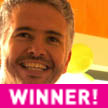
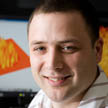
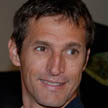
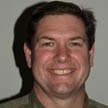
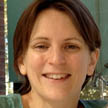


Unfortunately no.
0
I have been working with the University of South Australia on a number of Citizen Science projects. Citizen Science involves the participation of the wider community (particularly non-scientists) in scientific projects.
An interesting aspect of these projects and other wildlife studies suggests that the more people understand a particular topic or animal, the greater their tolerance.
So while our focus for this research is wildlife, tolerance learned in this area may well influence other areas such as social justice.
0
Great question. I work a lot with Aboriginal and Torres Strait islanders…. My part is to set up monitoring projects with them so that they can help monitoring and manage their own country. This provides jobs such as rangers. So yes in a small way. Over the years I have also employed Indigenous people to be research assistants. Many of my students are also from developing countries and the aim is that they will go back with skills that they can use to help with social & environmental issues.
0
Yes, indirectly. My work contributes to the development of geothermal energy, which is a renewable energy resource. By moving away from fossil fuels (like coal) and using renewable energy instead, we will be helping to reduce global warming, and therefore helping to reduce or avoid some of the bad things that will happen to be people as a result of global warming.
0
Unfortunately not directly.
0